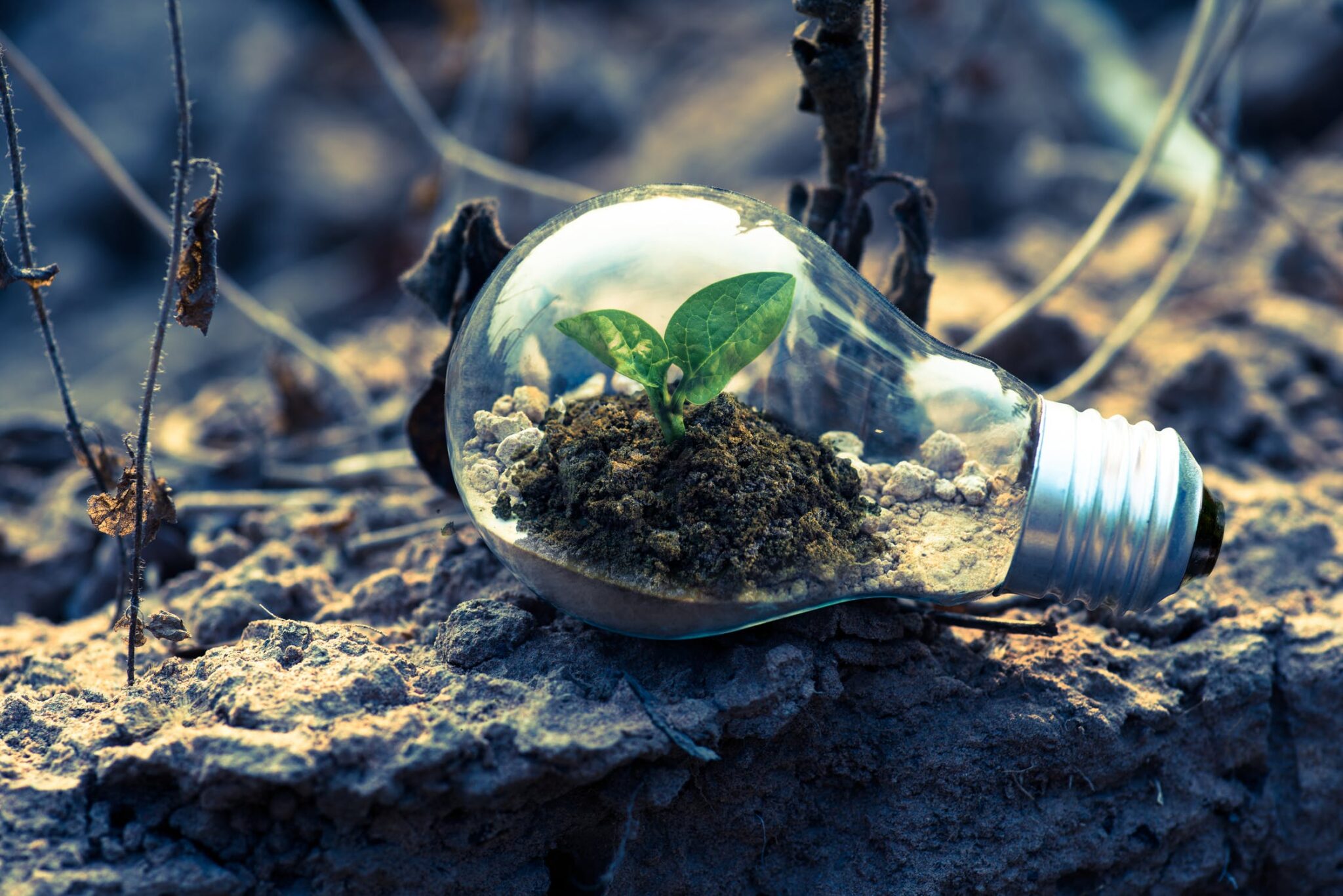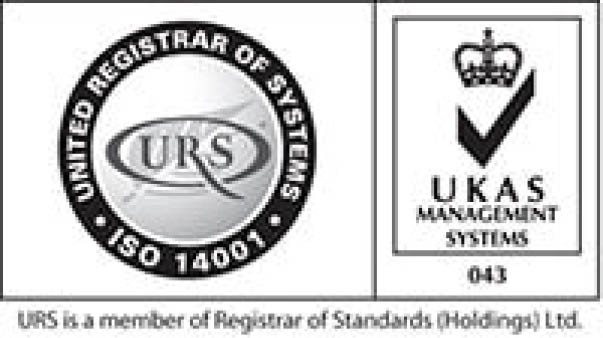If you’ve been to a local authority waste recycling centre recently you’ll have noticed a skip labelled ‘energy from waste’. This is where you put anything that won’t go into the segregated bins for metal, wood, cardboard and so on.
Where does the waste go after being placed in the ‘energy from waste’ skip? Is it better for the environment and where does it fit into the waste hierarchy?
The first thing to say is that this option ranks below reduce, reuse and recycle. Those should always be the first priorities for waste handling. But, generally speaking, it’s better than landfill because it generates energy and reduces the need to burn fossil fuels. It’s well suited to non-recyclable plastics and textiles, and paper which is too contaminated for recycling.
The most common energy from waste route is incineration; Waste is burned and the resulting heat is used to generate steam to power an electricity turbine. The process recovers around 23% of the available energy and leaves behind an ash that can be used in road building.
The composition of the flue gases is carefully monitored for toxins and incinerator plants have to work within strict environmental limits.
In Sweden, energy from waste contributes to a waste economy that sees 99.3% of waste recycled or recovered as energy. Incineration powers district heating systems as well as generating electricity.
Other Waste to Energy Options
There are routes other than incineration to recover energy from waste. One is to combine it with oxygen or steam at very high temperatures to create ‘syngas’. This can then be used for transport fuels or to generate electricity.
A similar process is pyrolysis, which decomposes waste at high temperatures in the presence of inert gases to produce a combustible gas.
Organic waste often goes into an anaerobic digester where it is broken down into methane and fertiliser. Methane can also be harvested from landfill sites, although the process is less controllable than with an anaerobic digester.
As ever, if you have a large volume of waste to get rid of and you’re not quite sure how to handle it in the most environmentally friendly way, just give Wellington Waste a call.
Contact Wellington Waste on 01823 664628 or email enquiries@wellingtonwaste.co.uk.

